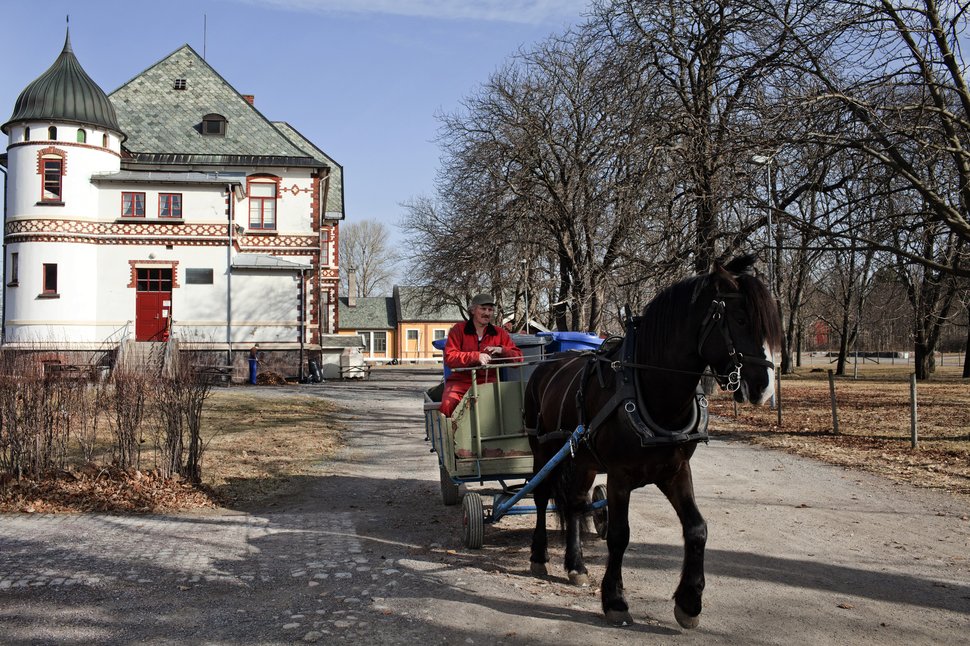Norway Proves That Treating Prison Inmates As Human Beings Actually Works.
Bastoy is an open prison, a concept born in Finland during the 1930s and now part of the norm throughout Scandinavia, where prisoners can sometimes keep their jobs on the outside while serving time, commuting daily. Thirty percent of Norway’s prisons are open, and Bastoy, a notorious reformatory for boys converted in 1982 to a prison, is considered the crown jewel of them all.
A small yellow van driven by a smiling officer carried me to a cabin where I checked my phone in, the first thing that remotely suggested “prison.” Tom, the governor ― not warden or superintendent but governor ― looked like Kevin Costner. He offered me a cup of coffee, and we took a seat in his office, which, with its floral drapes, aloe plants and faintly perfumed, cinder scent, reminded me of a quaint bed-and-breakfast somewhere in New England.
“It doesn’t work. We only do it because we’re lazy,” Tom said flatly. He was talking about the traditional prison system, where he was stationed for 22 years before running this open prison. A fly buzzed loudly by the window as Tom went on.
“I started skeptical. That changed quickly. More prisons should be open ― almost all should be. We take as many as we can here, but there isn’t room for everyone.” Prisoners from around the country can apply to move to an open prison like Bastoy when they’re within three years of release. The island is home to about 115 men overseen by over 70 staff members, and there is a waiting list of about 30.
“There’s a perception that, ‘Oh, this is the lightweight prison; you just take the nice guys for the summer-camp prison.’ But in fact, no. Our guys are into, pardon my French, some heavy shit. Drugs and violence. And the truth is, some have been problematic in other prisons but then they come here, and we find them easy. We say, ‘Is that the same guy you called difficult?’ It’s really very simple: Treat people like dirt, and they will be dirt. Treat them like human beings, and they will act like human beings.”
Read the whole article by Baz Dreisinger in The Huffington Post.
